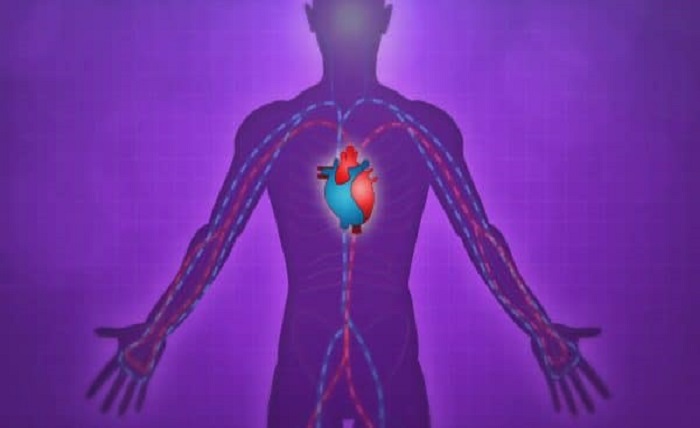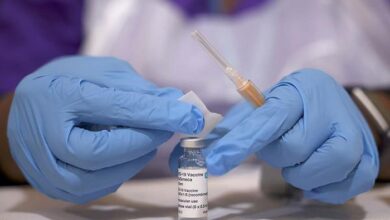Understanding the Intricacies of the Human Body: A Marvel of Nature

The human body is an extraordinary creation that continues to fascinate scientists and researchers across the globe. From the intricate systems that enable us to breathe, move, and think, to the remarkable resilience it possesses, the human body is a true marvel of nature. In this article, we will explore the various aspects of the human body and gain a deeper understanding of its complexity.
The Structure and Organization of the Human Body:
The human body is composed of numerous organs, tissues, and cells, all working in harmony to ensure its proper functioning. At the macroscopic level, the body is divided into several systems, including the skeletal, muscular, circulatory, respiratory, digestive, nervous, and reproductive systems. Each system has a specific role to play in maintaining homeostasis and keeping the body in optimal condition.
The skeletal system, comprising bones, provides structural support and protection to vital organs. The muscular system enables movement and facilitates bodily functions. The circulatory system, consisting of the heart, blood vessels, and blood, ensures the transportation of oxygen, nutrients, and waste products throughout the body. The respiratory system allows for the exchange of gases, ensuring the supply of oxygen and removal of carbon dioxide. The digestive system processes food, extracting nutrients for energy and eliminating waste. The nervous system coordinates and regulates bodily functions, while the reproductive system ensures the continuation of the human species.
The Complexity of Cellular Functions:
At the microscopic level, the human body is made up of trillions of cells, each performing specific functions. These cells are the building blocks of life and work together to maintain the body’s overall functionality. Cellular processes such as respiration, metabolism, and cell division are crucial for the survival and growth of the human body.
Respiration occurs at the cellular level through a process called cellular respiration, where cells utilize oxygen to produce energy in the form of adenosine triphosphate (ATP). Metabolism refers to the biochemical reactions within cells that allow for the conversion of nutrients into energy, as well as the synthesis and breakdown of molecules necessary for various cellular processes. Cell division ensures the growth and repair of tissues and organs, allowing the body to adapt to its environment.
The Human Body’s Innate Defense Mechanisms:
The human body is equipped with an intricate immune system that protects it from pathogens and foreign substances. The immune system comprises various cells, tissues, and organs, all working together to identify and neutralize potential threats.
The immune system recognizes and attacks foreign invaders, such as bacteria, viruses, and parasites, through a complex network of cells and molecules. It produces antibodies that specifically target and neutralize harmful substances, while also mobilizing specialized cells, such as white blood cells, to destroy pathogens. The immune system’s ability to adapt and remember previous encounters with pathogens forms the basis for vaccinations and immunity.
The Mind-Body Connection:
The human body is not only a physical entity but also houses the mind, which encompasses our thoughts, emotions, and consciousness. The mind and body are intricately interconnected, with each influencing the other.
Numerous studies have highlighted the impact of mental and emotional well-being on physical health. Stress, for example, can lead to a range of physiological responses, including increased heart rate, elevated blood pressure, and compromised immune function. Conversely, positive emotions and a healthy mindset can boost the body’s resilience and enhance overall well-being.
Conclusion:
The human body is a wondrous creation, characterized by its complexity and adaptability. From the macroscopic systems that maintain our vital functions to the microscopic cells that carry out intricate processes, every aspect of the human body works in harmony to ensure our survival. Understanding the intricacies of the human body not only fosters awe for its design but also promotes better care and appreciation for the incredible vessel we inhabit. So, let us marvel at the wonders of our human body and strive to maintain its well-being for years to come.







